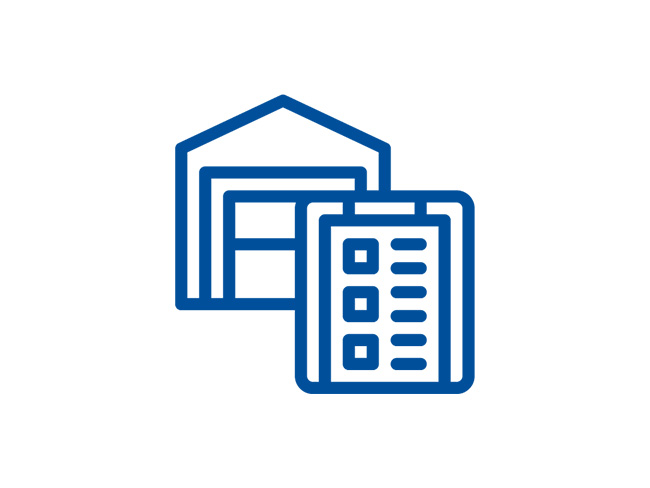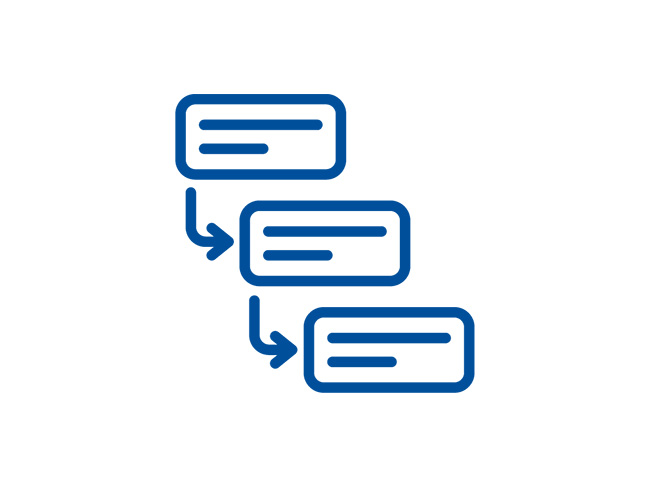Plan with real constraints, schedule with confidence, and keep production flowing—even when recipes or demand change.
Plans drift when constraints aren’t explicit, and exceptions lack a path to closure. This page offers a practical way to digitize scheduling, align inventory and resources, and scale production changes without losing control. Start small, prove the loop, then expand.
What you’ll get on this page
- A staged approach you can run with existing systems
- Clear KPIs
- Short Use Cases with links to OpreX™ Integrated Solutions pages

Why Yokogawa
- A finite-capacity scheduling approach that adapts to real production constraints
- Standardized methods proven across multi-site operations and diverse industries
- Outcome from reduced planning time and lower manual workload
Overview
- Challenge
Spreadsheet-heavy planning, unclear handoffs, and delayed feedback create rework and missed targets. - Approach
One experience: scheduling & process digitization → inventory & resource alignment → scalable line/recipe expansion. - Outcomes
Higher adherence and throughput, shorter changeovers, fewer exceptions, and faster time to stability after changes. - Primary KPIs
Plan stability, schedule adherence, throughput, changeover time, on-time completion, inventory turns, exception closure time.
We describe methods and typical goals. Actual outcomes vary by site conditions, data quality, and operating constraints.
-
Ensure stable operations for fine and specialty chemicals with flexible scheduling
Yokogawa unites a flexible scheduler with end‑to‑end services to overcome the unique complexity of fine & specialty chemical plants—enabling safer, more stable operations.
-
Ensuring optimal production processes for semiconductors with flexible scheduling
Yokogawa unites a flexible scheduler with end‑to‑end services to overcome the unique complexity and immediacy of semiconductor plants—enabling more optimal operations.
Details
Challenges
Do any of these sound familiar in your operations?
Scheduling & process digitization

- The schedule lives outside execution
- Changes don’t flow cleanly
- Approvals add delay
Inventory & resource management

- Materials, equipment, and people aren’t synchronized to the latest plan or constraints
Production line expansion & scalability

- New recipes/lines take time to stabilize
- Standards are applied unevenly across sites
How Yokogawa helps
Practical ways to address these challenges with your team
Digitize the schedule and link it to execution

- Keep one plan version
- Define who updates what and when
- Route exceptions with owners and timers
Synchronize materials, equipment, and people

- Tie plan changes to inventory reservations and resource assignments
- Prevent double-bookings and stock-outs
Make change scalable and repeatable

- Template steps for new recipes/lines
- Capture learnings
- Roll out updates on a fixed cadence across sites
Use Case
Flexible scheduling for frequent recipe & small-lot changes
Spreadsheet plans hide constraints; changeovers turn chaotic. Keep one live plan, encode rules for frequent recipe changes, and route exceptions with owners and timers so change becomes predictable.
Team achieves
- Higher plan stability and schedule adherence
- Shorter changeovers and fewer rescues
- Balanced workloads with fewer conflicts

Solution Pick Up
-
Ensure stable operations for fine and specialty chemicals with flexible scheduling
Yokogawa unites a flexible scheduler with end‑to‑end services to overcome the unique complexity of fine & specialty chemical plants—enabling safer, more stable operations.
-
Elevate batch production quality with workflow automation
Transform batch process manufacturing with Yokogawa’s automation solution. Seamlessly integrate EBR, WMS, and LIMS for real-time decision-making, enhanced product quality, and streamlined operations
-
Supply Chain Planning (PETRO)
PETRO guides users in choosing the most optimal bids for feedstock, most effective operational processes and most economic portfolio of products to buy, sell or produce, using distributed recursive linear programming.
-
Batch Data Historian (Exaquantum/Batch)
Exaquantum/Batch is an intelligent ISA-88 Batch Information System. It provides verified analysis and reporting facilities that collect, store and display current and historical data from batch production, equipment and recipe viewpoints.
-
Integrated Production Information (Exaquantum/mPower)
mPower extends the power of Exaquantum to integrate business and process data in a production model to give you the validated information you need to optimize and maximize valuable production resources.
Cauți mai multe informații despre oamenii noștri, tehnologie și soluții?
Contactează-ne